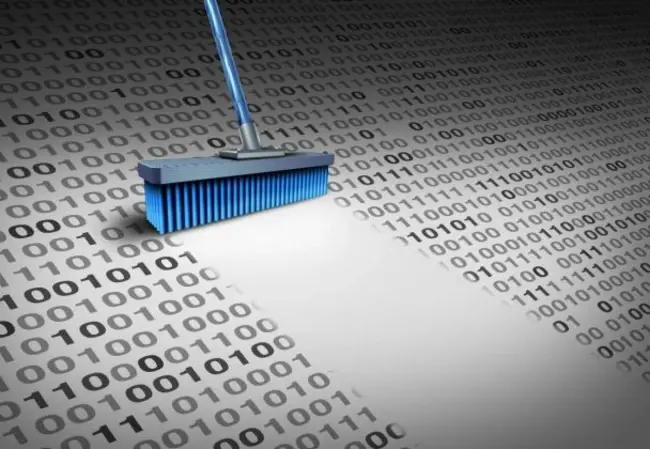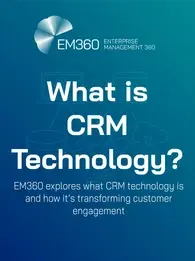
Data has become a primary focus for businesses and their success. We know now more than ever that data and what you do with it is a catalyst for company performance. However, with so many data-related tasks floating around the enterprise, it's very easy for those that are more chore-like to be swept under the rug. Data hygiene is one such consideration that tends to slip under the radar – but it really shouldn't.
The sheer volume of data that enterprises produce and work with today is a popular topic of conversation. However, this creates a dire need for data hygiene that many seem to overlook. If you fall into this category (don't be shy), you must ask yourself: what use is the data if you can't be sure it's clean?
You've got to get your hands
data refers to that which has errors in it. This includes data that is incorrect, inaccurate, outdated, non-integrated, misspelled, or data duplicates. Furthermore, this could include data that violates business rules. Often, this is a result of improper data management and storage methods. Otherwise, it can also be due to improper entry. Therefore, organisations need to practice data hygiene to remediate these, or face making poor decisions based on the poor quality.
The first step is to cleanse your data, and to do so, you must begin by assessing your data. By going in audit-style, you know what you're working with. Once you have clarified this, you must shift your focus to standardisation. By this point, you should have a clear idea of your standardisation rules or, if not, be outlining them. Then you must apply this and work through validating your data.
The rest is up to you
Once everything is up to scratch, you must plan how you will keep on top of it. What you need is a continuous process and an idea of how often you will cleanse the data. If you do so regularly, the weight of the task will thin and it will seem a little less tedious. The good news is that data cleansing can be automated. A number of cleansing systems are available on the market today can help sift through the masses of data. Not only that, but you eliminate the potential of human error (which will probably account for some of the erroneous data you found in the first place).
What's more, you must commit to updating the data more frequently. Data degradation or rot is inevitable, particularly in the realm of customer information (new emails, home addresses, etc). Thus, you will need to explore tools that will update the data for you – bonus if it's in real time.
What it's ultimately going to boil down to though is your organisation's approach. If you treat data hygiene like the priority it should be, then your business will be in good stead for the future. However, if you're approaching it as something that'll have to go to the bottom of your to-do list, then you could risk bad data dampening your sales potential. With organisations become more data-driven and much decision-making surrounding this, you don't want data forcing you to make choices.
Do you know why bot management is essential for the enterprise? Find out here.













Comments ( 0 )